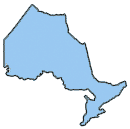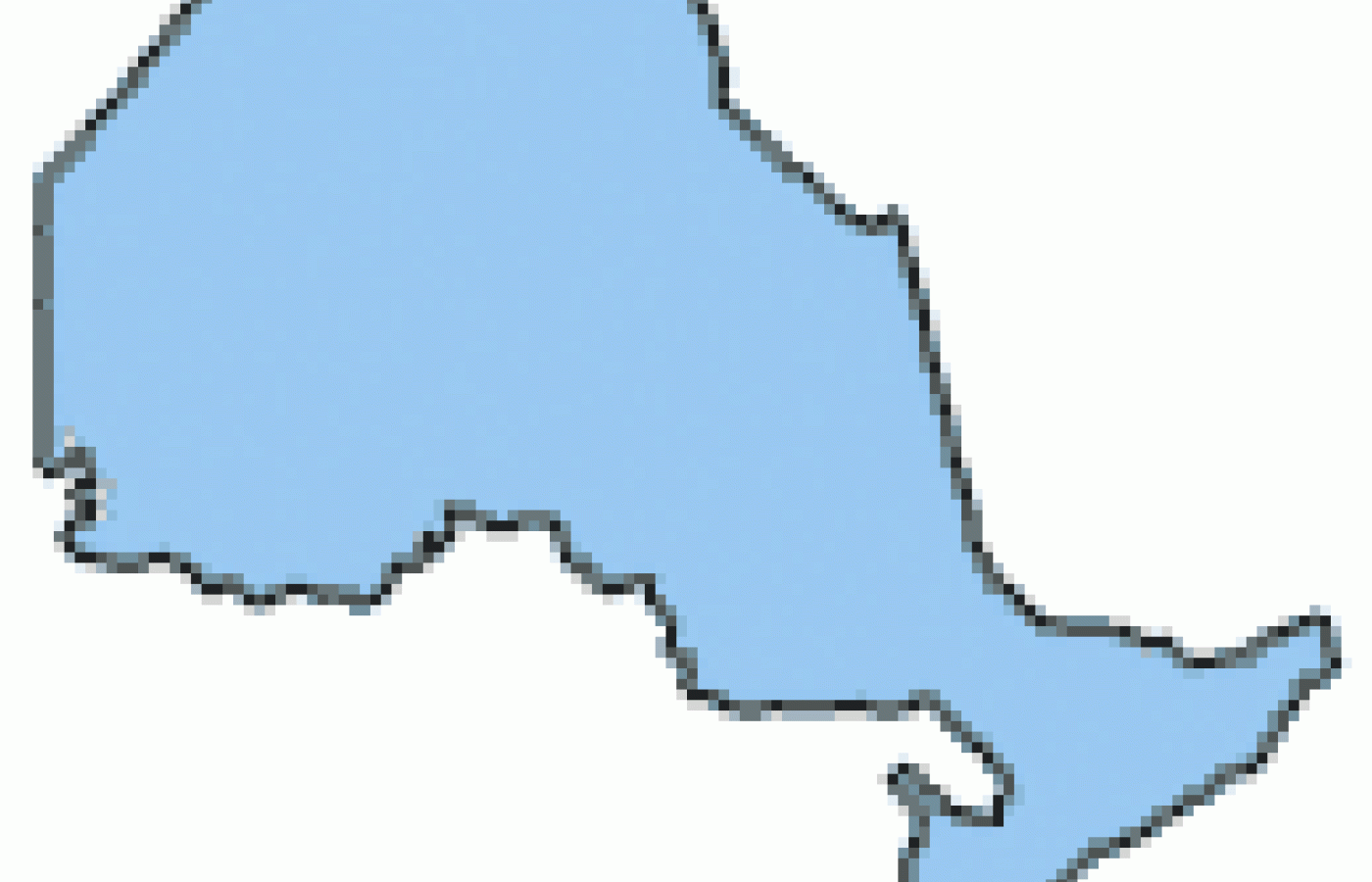The most important relationship I seek to nurture in the treatment room is the one a patient has with their own body. We live in a culture that teaches us to override pain, defer to outside authority, and push through discomfort. Patients often arrive hoping I can “fix” them, but the truth is, we can’t do the work for them. We can offer guidance, insight and support, but healing requires their full participation.
Ontario Moves to Regulate Traditional Chinese Medicine
Officials from the Canadian province of Ontario have announced their intention to introduce legislation later this year that will regulate the practice of traditional Chinese medicine and acupuncture. If passed, the legislation will make Ontario the second Canadian province to have established formal rules for the regulation of traditional Chinese medicine in the past decade.
"We owe it to the people of Ontario to ensure they are protected," said the province's health minister, George Smitherman, during a July 29 press conference. "But at the same time, we have to realize traditional forms of medicine have helped a great number of people for a very long time."

Smitherman's announcement followed on the heels of a report, Traditional Chinese Medicine and Acupuncture in Ontario, released by the Members of Provincial Parliament Consultation Group on Traditional Chinese Medicine and Acupuncture in July. The report found that the province currently has no established mechanisms that can determine a practitioner's training or qualifications, and that there is no governing body in place to address complaints from the public or to discipline practitioners who do not follow accepted standards of care.
"As it stands now, anybody can go and practice acupuncture and traditional Chinese medicine," said Tony Wong, a member of parliament who helped write the report. He added that while no official documentation exists concerning patients who may have been harmed by an unqualified practitioner, he had heard stories of such events happening.
"I've heard that on a number of occasions, people have left needles inside bodies of patients. I don't want to call them practitioners," Wong said.
Traditional Chinese Medicine and Acupuncture in Ontario contains 10 recommendations that address issues pertaining to professional regulation, including education and training standards, the delivery of acupuncture, and the use of Chinese herbal remedies. Among other things, the report recommends:
- That a future standards of practice regulation for traditional Chinese medicine practitioners be developed by a future regulatory college for TCM and be approved by the government of Ontario.
- That different classes of practitioners be established, based on one's level of education, competency and experience. Classifications would exist for acupuncturists, herbalists, TCM practitioners, and doctors of traditional Chinese medicine.
- That a "grandparenting process" be developed and implemented to allow for the registration of qualified individuals already practicing in Ontario.
- That the performance of acupuncture be limited to "qualified, regulated practitioners." Other health professionals would be authorized to perform acupuncture, but only if they meet educational and competency requirements set by that profession's respective college or board.
The decision to regulate traditional Chinese medicine in Ontario appears to have been met with approval by the majority of health care providers in the province. Dr. Mary Wu, president of the Toronto School of Traditional Chinese Medicine, said that regulation would be good for the profession because it would increase the public's confidence in such procedures.
"With more and more research coming out to prove the effectiveness of acupuncture and also the better understanding of this type of medicine, people are going to change," said Wu.
"Regulation will bring additional safeguards for Ontarians seeking remedy for serious pain and injuries," added Dr. Linda Rapson, executive president of the Acupuncture Foundation of Canada Institute. "Thanks to this government, on behalf of thousands of Ontarians, for recognizing that TCM and acupuncture can make a meaningful contribution to the health care system."
The regulation of TCM in Ontario may also have an effect on the profession in other provinces. Daniel Schulman, chair of the Association of Registered Acupuncturists of Prince Edward Island, said that registration in Ontario would likely improve the level of acupuncture treatment across the country. He added that he would like to see similar legislation introduced and passed in Prince Edward Island.
According to the Canadian Broadcasting Corporation, British Columbia is currently the only Canadian province that regulates both acupuncture and traditional Chinese medicine. In 1999, it created a registration system for acupuncturists, followed by a similar system for traditional Chinese medicine in 2001. Two other provinces - Quebec and Alberta - regulate acupuncture only.
References
- Montgomery S. Province plans to regulate Chinese medicine and acupuncture practitioners. Canadian Press, July 31, 2005.
- Ontario closer to regulating traditional Chinese medicine. CNW Telbec news release, July 29, 2005.
- P.E.I. acupuncturists see yin and yang in Ontario move. Canadian Broadcasting Corporation, Aug. 4, 2005.
- Traditional Chinese Medicine and Acupuncture in Ontario. Report to the Minister of Health and Long-Term Care. Published Summer 2005. Available online at www.health.gov.on.ca.



